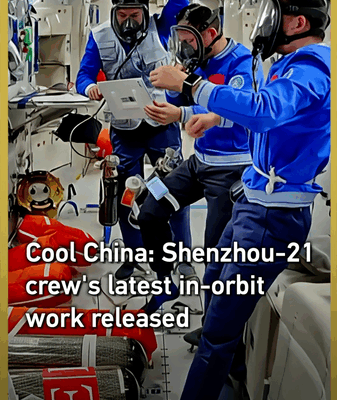
Shenzhou-21 Crew Advances Landmark Space Experiments in Orbit
Shenzhou-21 crew completed a full schedule of in-orbit experiments, emergency drills and station maintenance, advancing microgravity research and space-medicine studies.
My Global News: Voices of a New Era
🌍 Stay Ahead, Stay Global 🚀

Shenzhou-21 crew completed a full schedule of in-orbit experiments, emergency drills and station maintenance, advancing microgravity research and space-medicine studies.
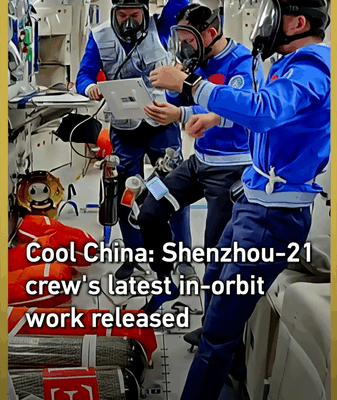
CMSA released new footage on Nov 30 showing the Shenzhou-21 crew performing microgravity experiments, equipment maintenance and emergency drills aboard the Chinese space station.
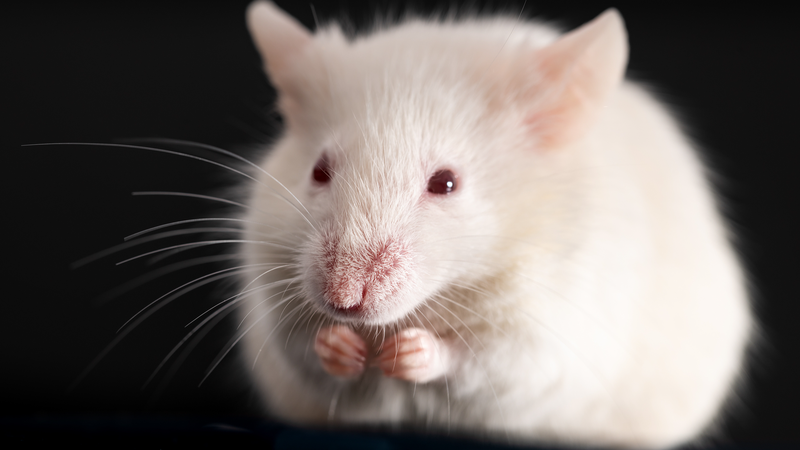
China’s Shenzhou-21 mission will carry four mice to the Chinese space station for in-orbit experiments as scientists explore biology in microgravity.
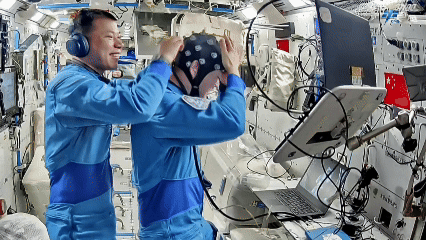
China’s Shenzhou-20 crew, 170+ days in orbit, is advancing brain research and station operations aboard the space station as their mission nears completion.

NASA-funded study on SpaceX missions reveals microgravity and cosmic radiation accelerate aging in blood-forming stem cells, impacting immune resilience.
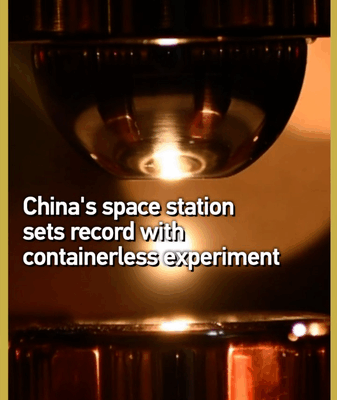
China’s space station heats tungsten alloy to over 3,100°C, setting a record and unlocking insights for nuclear fusion, aerospace and extreme environment materials.
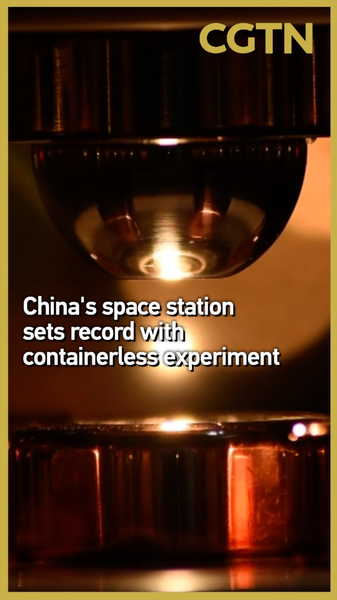
China’s space station heats tungsten alloy beyond 3,100°C in a containerless microgravity experiment, providing crucial data for next-gen spacecraft shielding and rocket engine components.
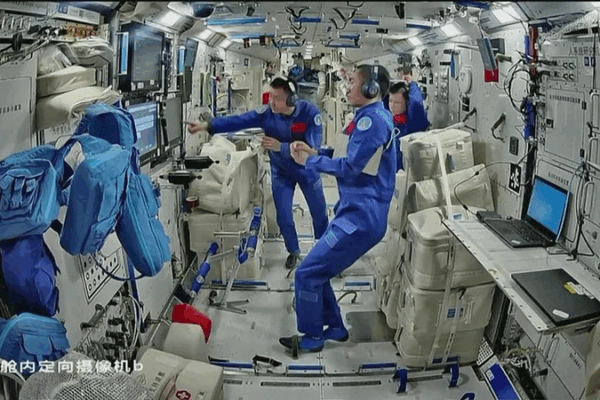
China’s Shenzhou-20 crew drives space science forward after 3 months in orbit with plant cultivation, cellular biology, robotics, and gas-resistance fitness tools.
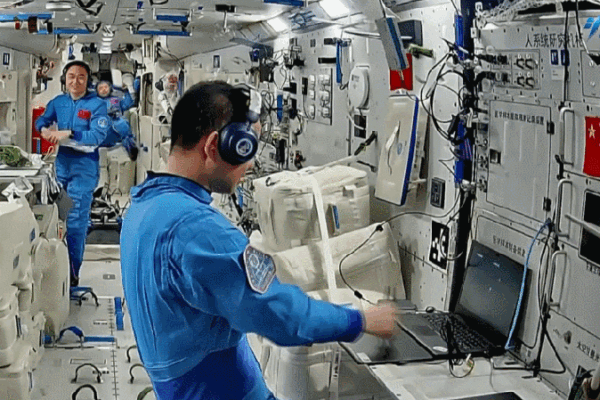
From Shenzhou-20’s cell research to microgravity combustion tests, see how China’s orbiting station is advancing space science and health insights.
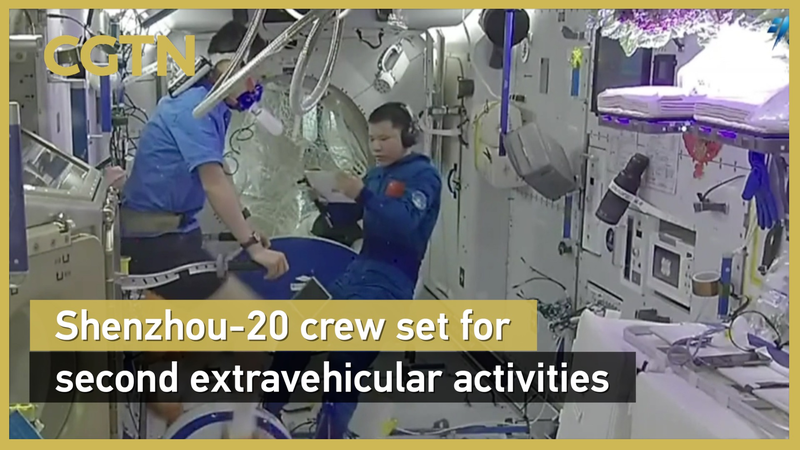
Shenzhou-20 crew prepares for a second EVA on China’s space station after two months in orbit, advancing experiments in science and technology.